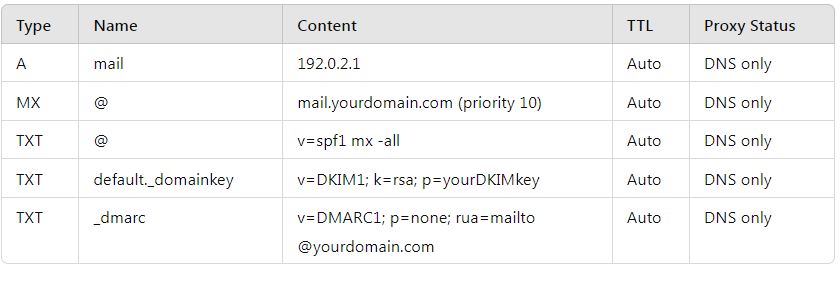In the dynamic landscape of digital marketing and SEO, the question of whether Google will index ChatGPT-written text from a blog website is a pertinent one. With advancements in AI technology, content generation has become more streamlined, enabling faster production of articles, blog posts, and other digital content. However, for Google to index and rank such content effectively, certain considerations must be met.
1. Originality and Uniqueness
Google’s algorithms are designed to prioritize original and unique content. AI-generated content, like that produced by ChatGPT, must be unique and not duplicate existing web content. Google’s algorithms, particularly those involved in detecting duplicate content, are sophisticated enough to recognize content that lacks originality.
Ensuring Originality:
- Unique Content Generation: Utilize ChatGPT to produce unique content tailored to specific topics, ensuring it adds new insights or perspectives.
- Editing and Refinement: After generating the content, review and refine it to enhance its uniqueness and relevance.
2. Quality Content
Quality is a cornerstone of SEO. Google assesses content quality based on its relevance, accuracy, and ability to provide value to readers. AI-generated content should be informative, accurate, and well-structured to meet these quality standards.
Maintaining Quality:
- Fact-Checking: Verify the accuracy of the information presented by the AI to ensure it is factual and reliable.
- Comprehensive Coverage: Ensure the content comprehensively covers the topic, addressing potential questions or concerns a reader might have.
3. Content Relevance
Relevance to the search query is crucial for indexing and ranking. The AI-generated content should align with the search intent of users. This involves using appropriate keywords and providing relevant information that users are seeking.
Optimizing for Relevance:
- Keyword Research: Conduct thorough keyword research to identify the terms and phrases that potential readers are using.
- Natural Integration: Integrate these keywords naturally into the content, ensuring they fit seamlessly into the narrative.
4. User Experience
A positive user experience (UX) can significantly impact how Google perceives and ranks content. Factors such as readability, engagement, and mobile-friendliness play a role in UX.
Enhancing User Experience:
- Readability: Break the content into smaller paragraphs, use headings and subheadings, and include bullet points to improve readability.
- Multimedia Integration: Incorporate images, videos, and infographics to make the content more engaging and visually appealing.
- Mobile Optimization: Ensure the content is optimized for mobile devices, as a significant portion of web traffic comes from mobile users.
5. SEO Best Practices
Adhering to SEO best practices is essential for ensuring that Google indexes and ranks AI-generated content effectively. This includes optimizing meta tags, headers, and internal linking structures.
Implementing SEO Best Practices:
- Meta Tags: Craft compelling meta titles and descriptions that include relevant keywords and accurately represent the content.
- Headers: Use header tags (H1, H2, H3) to structure the content, making it easier for search engines to understand its hierarchy.
- Internal Linking: Utilize internal links to connect the AI-generated content with other relevant pages on your site, enhancing navigation and link equity.
6. Technical SEO
Technical SEO aspects, such as site speed, crawlability, and mobile-friendliness, are critical for ensuring that Google can effectively index your content.
Optimizing Technical SEO:
- Site Speed: Use tools like Google PageSpeed Insights to identify and fix issues that may be slowing down your site.
- Crawlability: Ensure your website is easily crawlable by search engines by creating an XML sitemap and using robots.txt to guide search engine crawlers.
- Mobile-Friendliness: Use responsive design to ensure your website performs well on all devices.
7. Ethical Considerations
Transparency and ethical practices are important when using AI-generated content. Disclosing that content is AI-generated can build trust with your audience.
Maintaining Ethical Standards:
- Transparency: Clearly disclose if content is AI-generated, ensuring transparency with your readers.
- Human Oversight: Regularly review and edit AI-generated content to maintain quality and relevance.
8. Updates and Freshness
Google values fresh and up-to-date content. Regularly updating AI-generated content can help maintain its relevance and improve its ranking potential.
Keeping Content Fresh:
- Regular Updates: Periodically update the content to include new information, trends, or insights.
- Content Calendar: Maintain a content calendar to ensure consistent updates and new content additions.
Conclusion
In conclusion, Google can index ChatGPT-written text from a blog website as long as it meets certain criteria. Ensuring originality, maintaining high quality, optimizing for relevance, enhancing user experience, adhering to SEO best practices, optimizing technical SEO aspects, maintaining ethical standards, and keeping content updated are all critical for achieving this. By focusing on these factors, you can improve the chances of your AI-generated content being indexed and ranked well by Google, ultimately driving more traffic to your blog website.
By following these guidelines, you can leverage the power of AI to create content that not only attracts visitors but also satisfies Google’s criteria for indexing and ranking. This balanced approach will help you maintain a strong online presence and achieve long-term success in the digital landscape.






